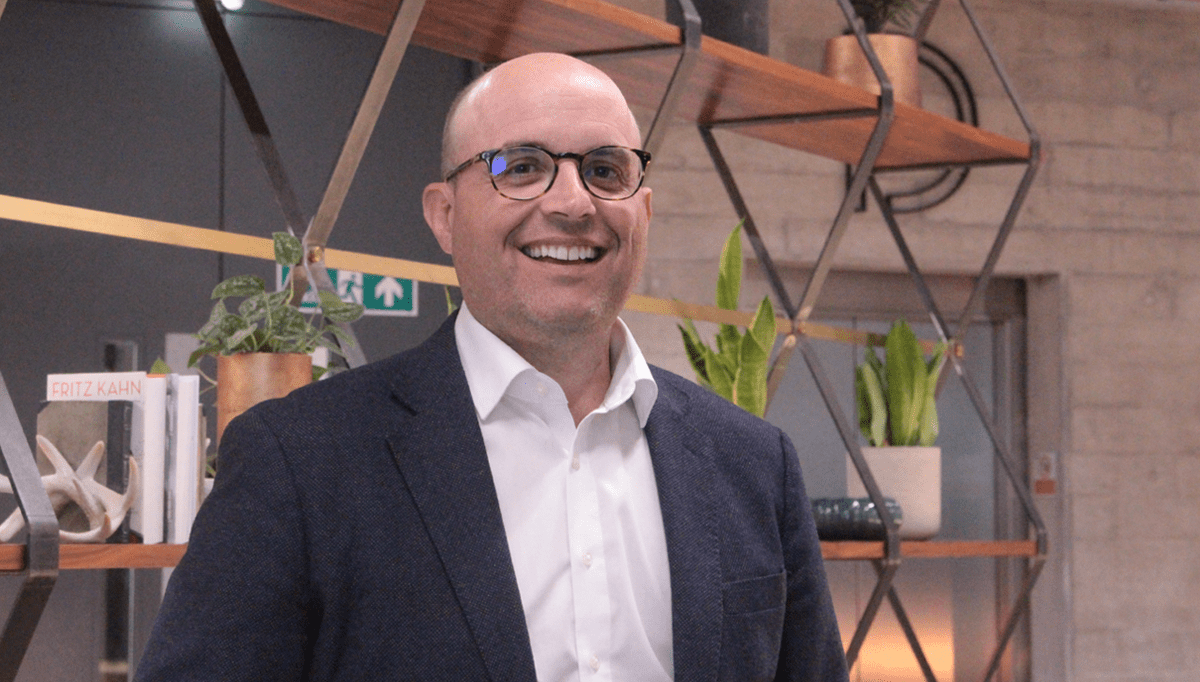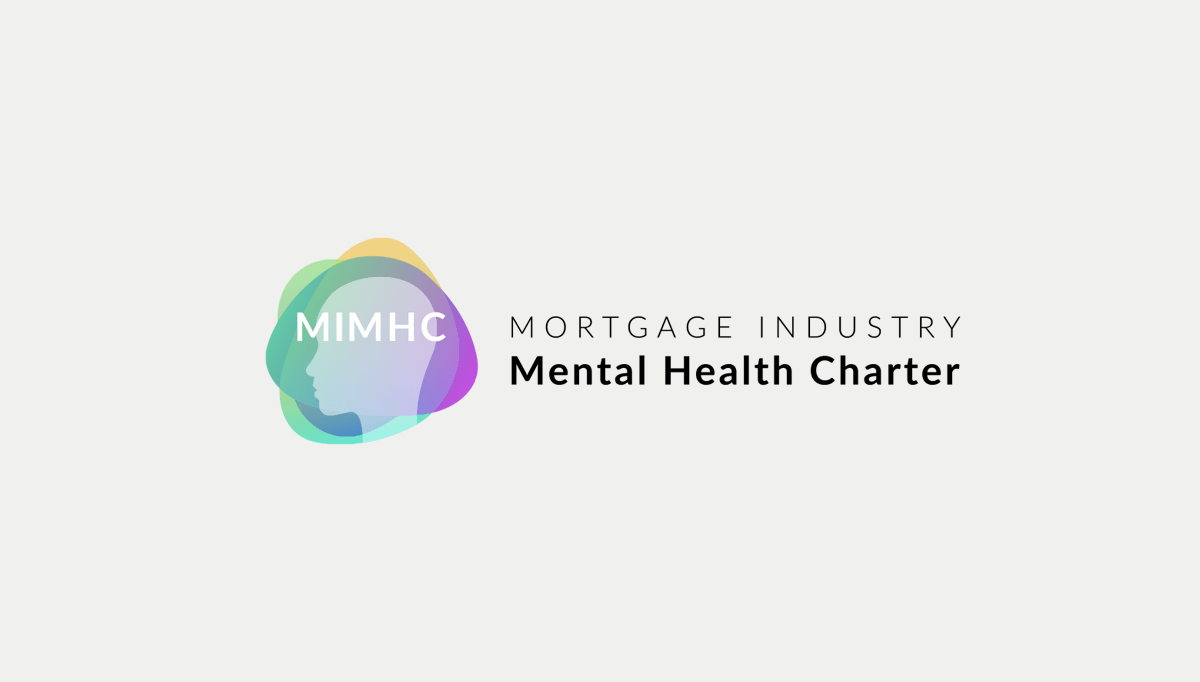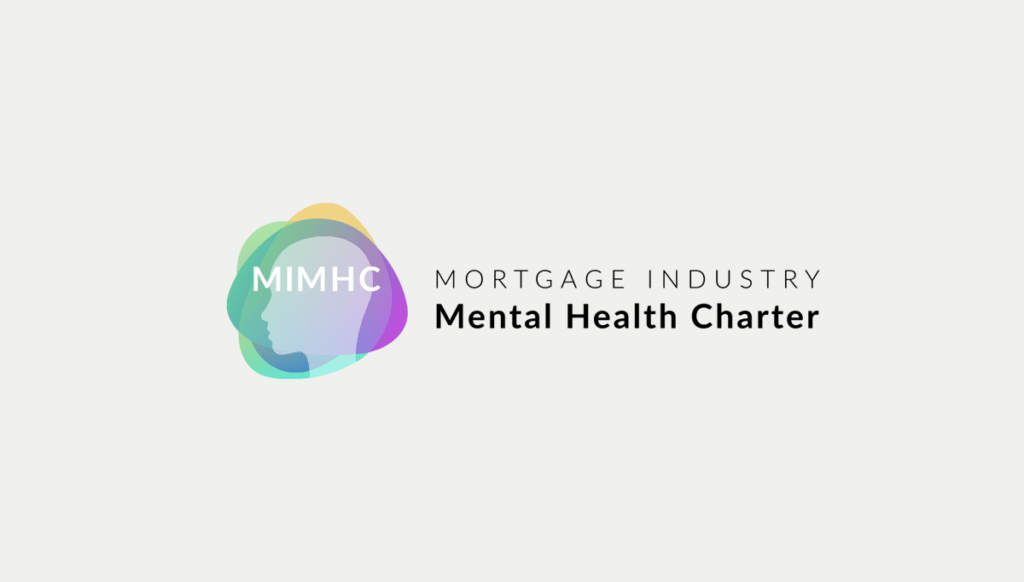
If there was ever a time to discuss home insurance, it’s certainly a good time now.
This is especially given so many of your remortgaging clients will likely have held their existing insurance policies for multiple years and could be paying more than they should be.
More than £183bn of residential mortgages will expire by the end of 2021. As we head into autumn the remortgage and product transfer opportunity is expected to be strong, with the focus switching from an extremely busy purchase market in the first half of the year.
The Financial Conduct Authority’s (FCA) well-documented general insurance pricing practices market study found the home and motor insurance markets are not working well for all consumers. Customers are often penalised for their loyalty and may well need your help and guidance in ensuring they are not caught in the loyalty trap.
Wise up on price walking
The FCA’s study led to new regulations which are due to come in from January 2022. These will ban insurers from artificially discounting new business premiums with the intent to hike prices in subsequent renewals.
The regulator has estimated that the insurance industry gained £1.2bn from six million policy holders through price walking in 2018. It predicts that the ban will save customers £4.2bn during the first 10 years following its introduction.
The role of an adviser to inform and educate about insurance has never been more important and, as this wave of remortgaging clients start to re-engage, there’s a golden opportunity to demonstrate the value of advice, ensure fair value and potentially save your clients money on their existing insurance.
So, what do you need to consider when reviewing you remortgaging customers insurance?
1. Educate your clients to think beyond price
As the name suggests, price comparison sites are largely useful for comparing on price. Although, understandably, price is the dominant factor of any conversation, it’s also vital to weigh up whether a policy is offering good value.
This, in turn, lets you explain how certain policies do or do not meet the client’s needs and steer the conversation away from base price to best value.
2. Introduce general insurance early on
Ask for a copy of your clients existing home insurance schedule as an addition to any other documents you require as part of your remortgage advice process.
3. Explain what price walking means
Show clients how they could be paying more than they should be. The ban on price walking will come into force from January 2022. So, ahead of the rules being implemented, it’s a really important time to discuss with clients who have held insurance policies for multiple years to review their needs.




